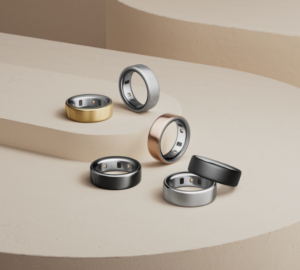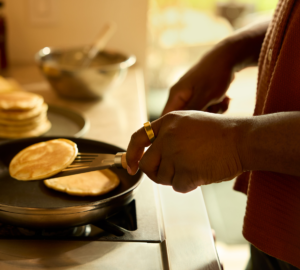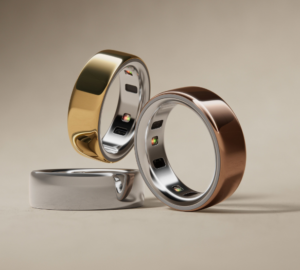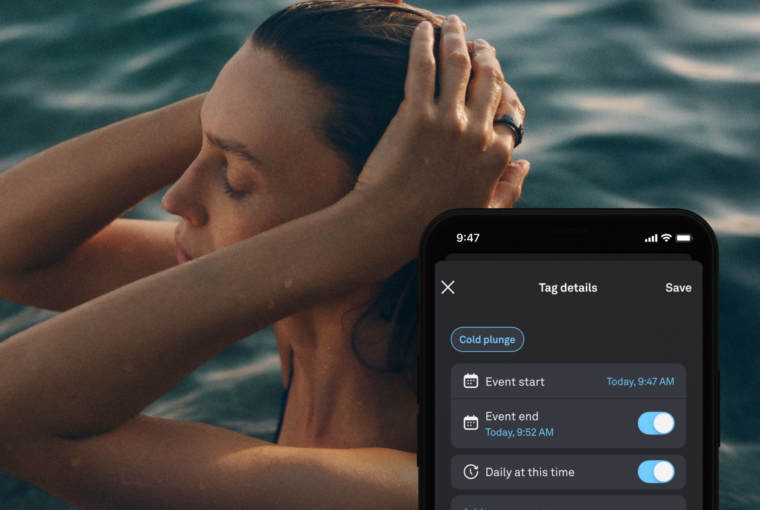Oura is excited to introduce three exciting new updates to the tagging experience: custom tags, tag details, and smart tags.
Now, it’s easier than ever for Oura members to use tags to draw connections between habits, behaviors, and environmental factors and how they affect the body.
“Our new tagging features are intended to be flexible and fit our members’ dynamic, diverse lives so that they can capture what comprises their practice of health,” says Maris Jameson, Senior Product Manager at Oura. “With the new improvements to tags, members can more seamlessly capture their habits and better understand the impact on their biometrics.”
| Member Tip: To start using Tags, select the “+” icon in the bottom right corner of the Home tab in the Oura App, then click “Add a tag.” |
RELATED: How to Use Tags
What’s New?
Custom Tags
You can now create and add custom tags to track new habits, favorite routines, or anything else. You’ll use a free-text entry field to capture your custom tag – and once added, it will appear in your tag list for you to edit anytime.
These tags can include a lifestyle habit, dietary choice, environmental factors, or any other element that may influence your sleep, activity, stress, or readiness. “The custom tag feature allows members to capture any decisions or conditions and then track changes over time in Trends to see the impact,” says Jameson.
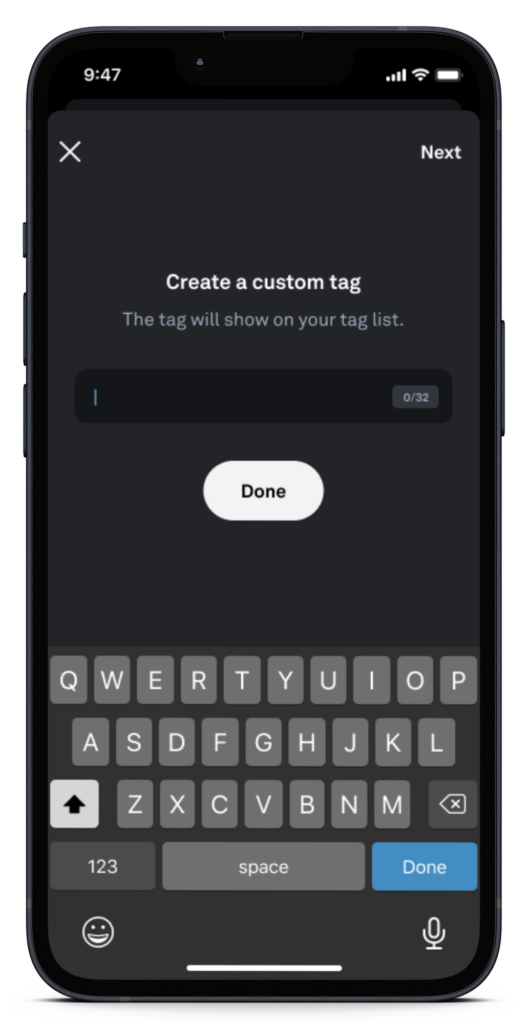
Tag details
Now, you can edit details for your tags — such as start and end time, whether a tag repeats daily, and/or add a comment. Tag details are available for any tag, custom or not.
“The new layout makes it easier to provide additional details or context for your tag,” says Colleen Simms, Senior Product Designer. “The optional event end allows members to be more specific with their tags, such as morning sunlight for 10 minutes, while the ‘daily at this time’ toggle saves time on creating recurring tags, like taking a probiotic each morning.”
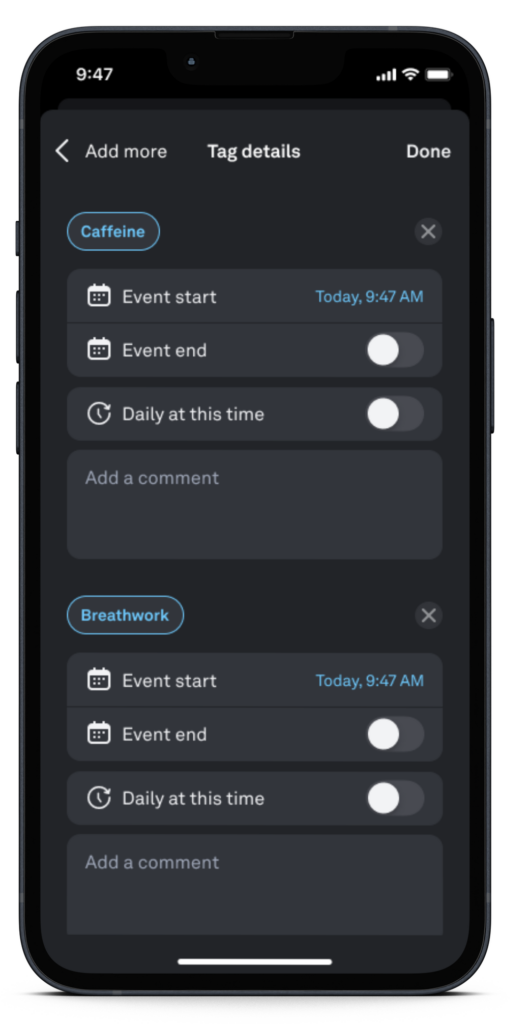
Smart Tags
If your Sleep Score is higher or lower than typical, Oura will suggest you tag a factor that might have impacted your sleep quality. These smart suggestions are based on data, making it easier for you to identify potential targets responsible for the change in your sleep. “These tag suggestions are one of the most personalized features of Oura, as they are directly related to the way your biometrics change overnight,” says Jameson.
READ MORE: Doing More With Oura Tags: Tracking Symptoms & Illness
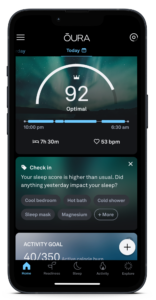
Tagging Tips from the Oura Team
1. Conduct a self-experiment.
Use custom tags to learn how new tools, habits, or environments impact your biometric data. For example, “I was really excited to see if the sleep tools I’m using, like a humidifier, actually work,” Jameson says. “I was able to see that it correlated with longer sleep duration and fewer nightly wakeups!” Being able to set specific time frames, durations, and comments for custom tags can allow for even deeper reflection to draw more accurate correlations.
This type of self-experimentation can help you pinpoint what’s working for you, so you can refine your daily choices. For instance, you might notice that on days when you tag melatonin you have shorter sleep latency (meaning you fall asleep more quickly). When you know which specific habits or behaviors make you feel your best, you’ll feel better, more often.
LEARN MORE: Oura Tags: How to Use Tags to Unlock Greater Insights
2. Use the Trends view.
To better understand how certain tags impact your biometrics over time, click on the “☰” on the top left of your Home tab in the Oura App. Click on “Trends,” then your biometric or score of choice (like Sleep Score or HRV), and then click on the specific tag you want to isolate.
For instance, you might tag “blue light blockers” for one week. Then, using the weekly Trends view, see that this helped to improve your latency when compared to the week prior.
| Member Story: As a busy DJ with a hectic schedule, Dan S. used Tags and Trends to monitor the impact of certain foods and drinks on his sleep. He discovered that refined carbohydrates increased his sleep latency, and late afternoon coffee reduced his overall sleep quality. |
3. Get creative!
With custom tags, you can track the effects of essentially anything on your health! We asked the product team who worked on this feature what they were excited to start tracking:
- “Fish oil. I started taking it recently for my skin and want to see if I notice any changes.” — Colleen S., designer
- “My favorite Taylor Swift song, New Year’s Day! Her songwriting and brilliance bring me so much joy. I’m keen to see if it improves my Readiness Score!” – Maris J., Senior Product Manager
- “Heavy meal. It’s cheese fondue season in Switzerland, and I suspect these heavy meals affect my sleep!” – Nicolas B., Senior Data Scientist
- “I’m excited to create custom emoji tags.” – Nikhil N., Senior Android Engineer
- “I’ll be tagging video games to see how my heart rate and sleep are affected when I’m playing Dark Souls late at night.” – Andy R., iOS Engineer

